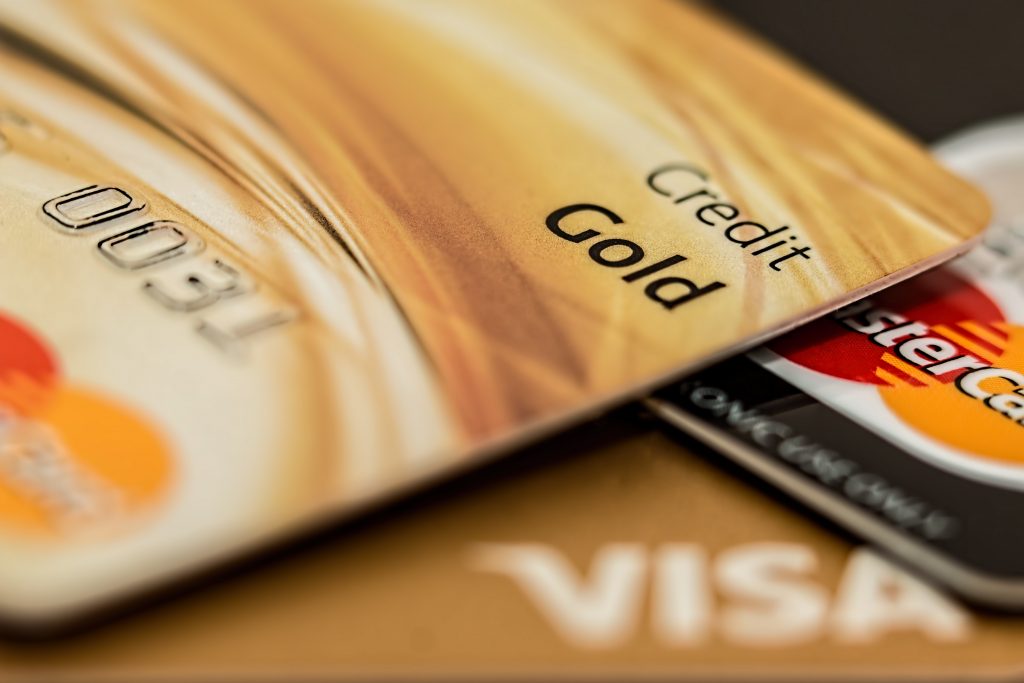How To Keep Up With Your Finances as a Frequent Traveler
Are you a frequent traveller? If so, then this blog post is for you. Whether you are in the military or simply travel often for work, keeping up with your finances can be challenging. Fortunately, there are ways to ensure that your financial situation doesn’t get out of hand when travelling frequently.

Install Relevant Apps on Your Phone
Having the budgeting app Mint installed on your phone is a great idea. Not only can you sync up your bank accounts and credit cards, but it will also send notifications to remind you when bills are due, so that will be one less thing to worry about. You’ll want to download either TripIt or Expensify as well since both of these apps will automatically sort through your receipts and upload them into an expense report that you can use to make sure everything is accounted for.
Always Work With a Budget
Travelling can be an exciting way to spend your time, but you must keep up with your finances. Working on a budget when travelling helps make sure that you stay within the limits of what you want to spend and make decisions about which attractions to visit or restaurants to go out for because they fit into your financial plan.
Get Help From a Tax Advisor
There is a lot of information to take in when you are trying to understand the financial implications of your travels. Unfortunately, the more time you spend abroad and the more countries that become part of your regular travel list, the harder it will be for you to keep track of how much tax relief or penalties may apply.
An excellent way to get help with these complicated questions is to speak with a tax advisor – they will be able to guide you through all your options and advise how best to approach the situation.
Have a Clear Picture of Your Spending
Figure out what is important to you and track your spending against it. This will keep you motivated to save money, but also show you where your weakness is in terms of budgeting or impulse buying.
For example, if your travel spending is consistently over budget because of how much you spend for travel entertainment or meals on business trips, figure out how many fewer meals with coworkers can help bring that number down and stick to it. Likewise, if your most significant spending is within a certain category, start tracking that item specifically and make it a goal to lower or eliminate those purchases.
Get a Debit or Credit Card Specifically for Travel
The best thing about getting a debit or credit card specifically for travelling purposes, though, is the ability to get reimbursed on items you pay for with that credit card when it comes time to file taxes. You can’t do that with cash or most standard cards.
Automate Your Personal Finances
If you travel often, it can wreak havoc on your personal finances. Make sure to keep up with your expenses while travelling to have a better idea of where all of this money is going. This will help to prevent any surprises when the time comes for bill paying and budgeting at home. It’s also important to remember that your employer may not reimburse you for all of your expenses.
Conclusion
To keep up with your finances while you travel, you must have a firm understanding of how much money you need for each trip. You should also develop an idea of what the local currency looks like and how to convert from one currency to another. To do this, look at online resources such as Google Maps, or apps like XE Currency.
Finally, if you’re traveling to multiple countries, look into getting a travel credit card that does not charge foreign transaction fees. As long as you monitor your spending and take advantage of any reward programs available with the card, this will help keep your finances in order while on the road.